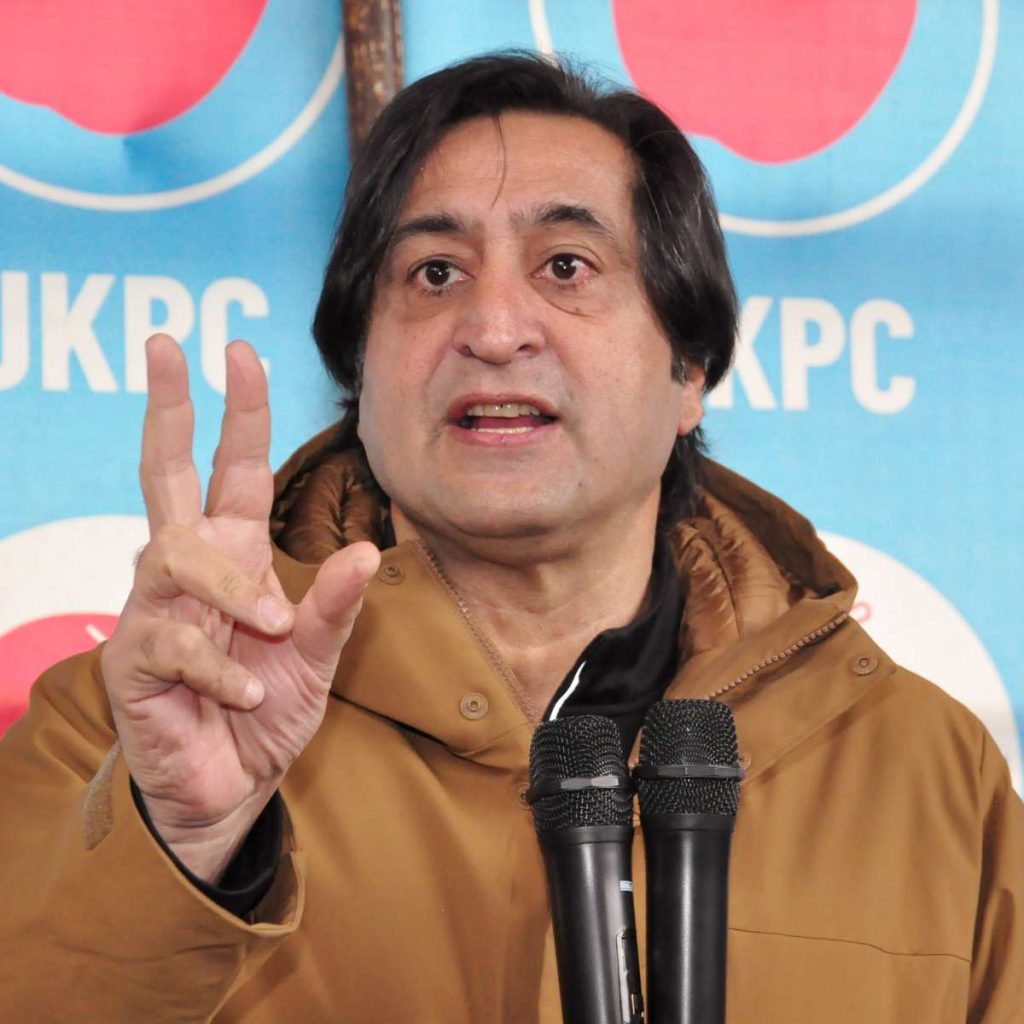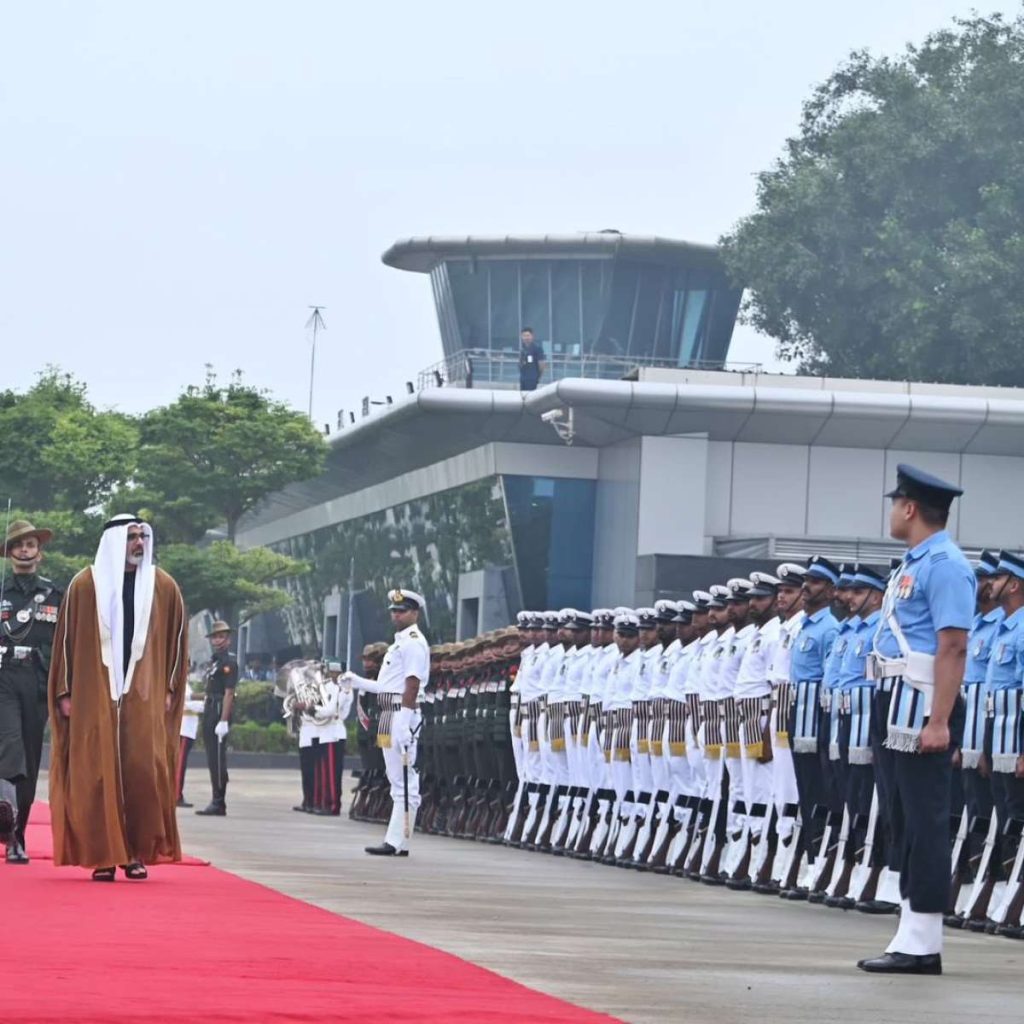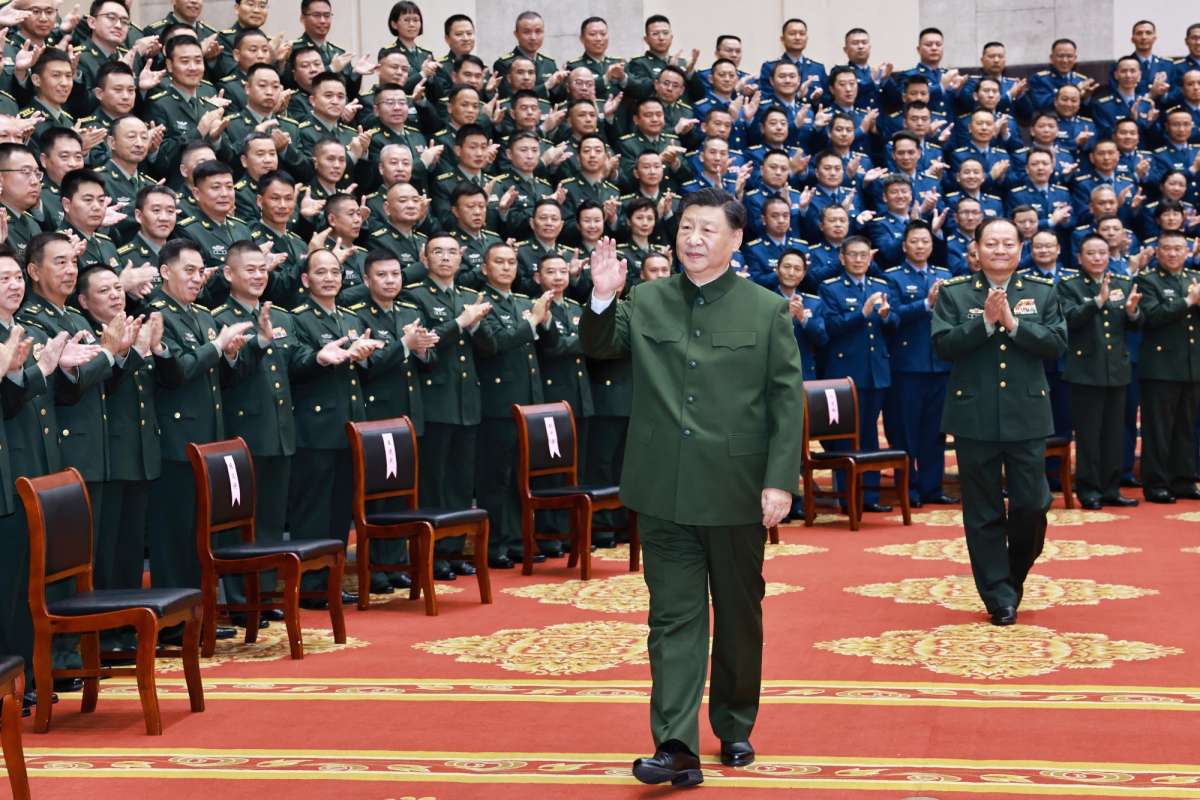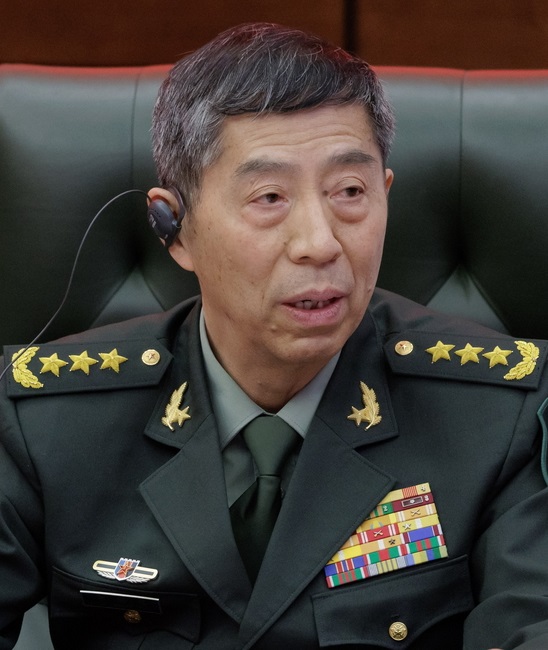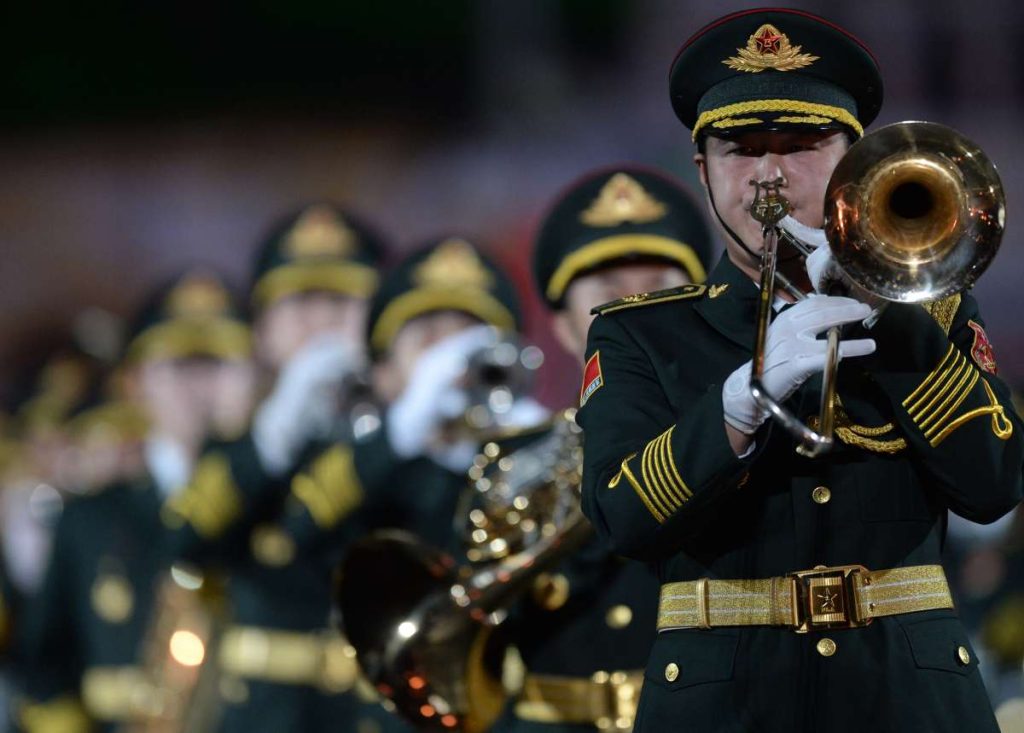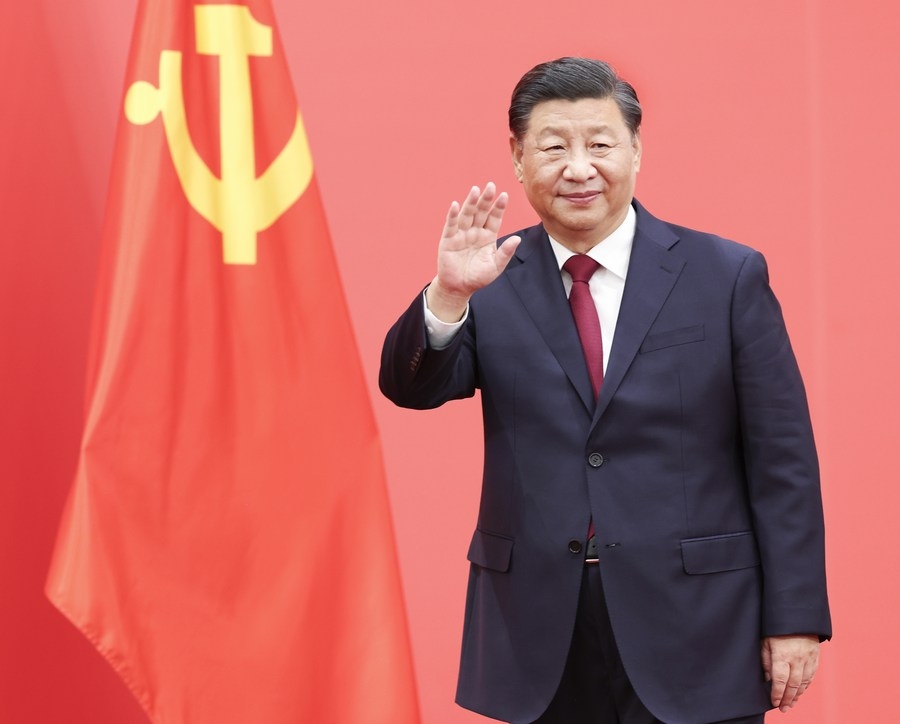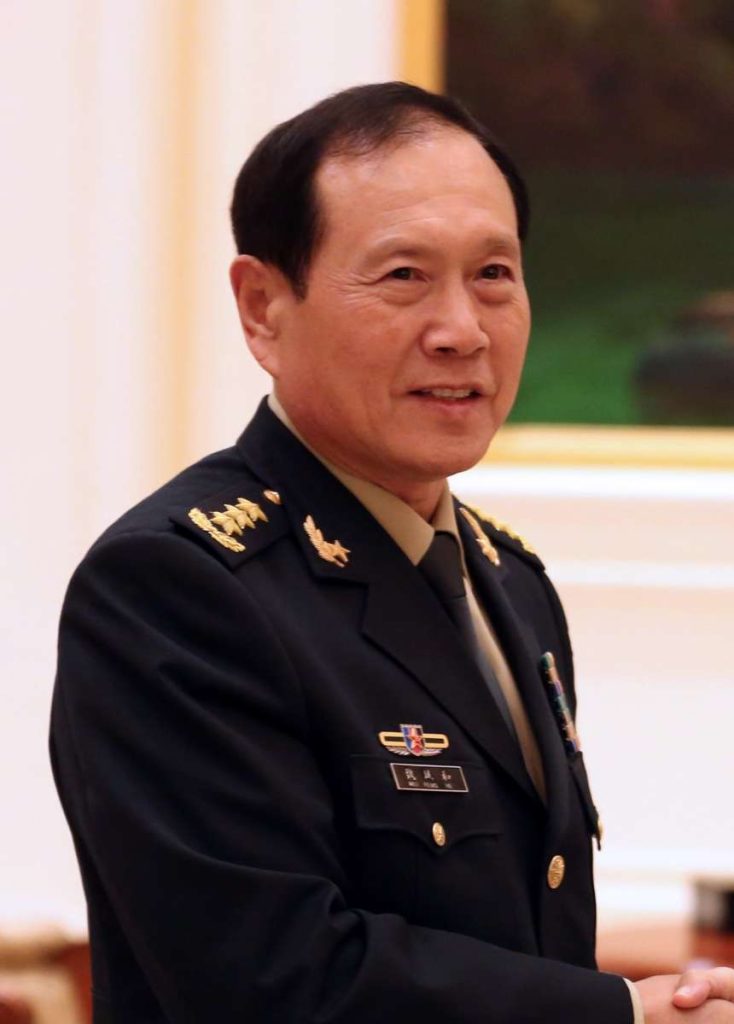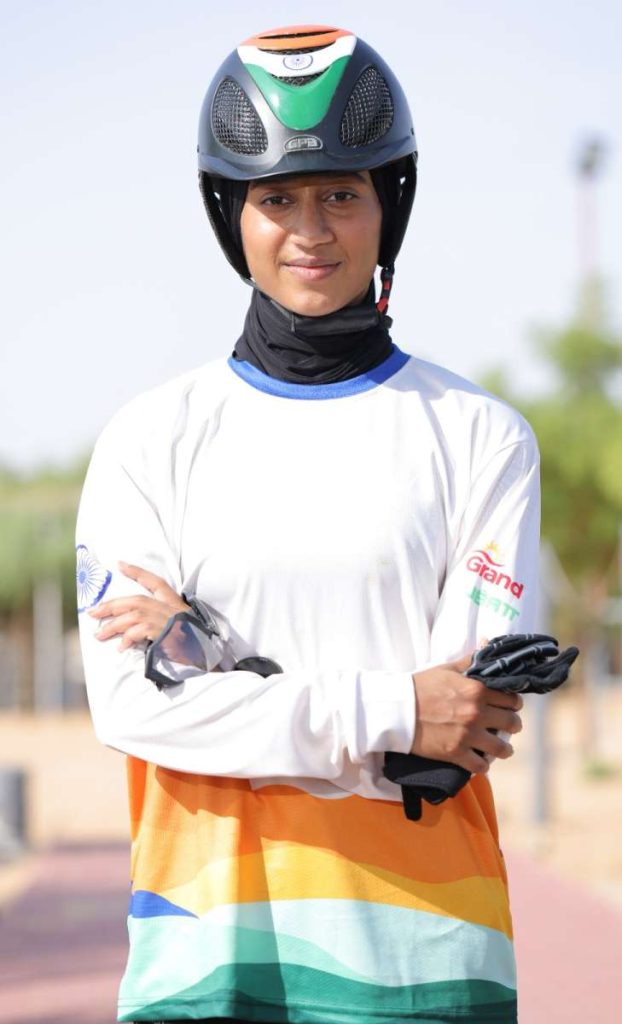Britain recently suspended 30 of its 350 arms export licenses to Israel, citing concerns that the equipment could be used in ways that violate international humanitarian law….reports Asian Lite News
US Secretary of State Antony Blinken will travel to the United Kingdom on Monday, as part of a two-day trip to open the US-UK Strategic Dialogue, according to the State Department. Blinken’s visit comes a week after Britain suspended some arms export licenses with Israel over concerns the equipment could be used in the Gaza conflict.
During his visit, Blinken will meet with senior UK officials to discuss key issues, including the Indo-Pacific, the AUKUS defense pact between the US, UK, and Australia, and the ongoing war in Ukraine. Discussions will also cover Middle East tensions, particularly in Gaza.
Britain recently suspended 30 of its 350 arms export licenses to Israel, citing concerns that the equipment could be used in ways that violate international humanitarian law. This move has added to global pressure, including in the US, where the Biden administration faces calls to limit arms deliveries to Israel.
Blinken’s visit aims to reaffirm the US-UK relationship while addressing pressing global security challenges.
Earlier, he had called on Hamas to accept a US proposal for a ceasefire and hostage release deal in Gaza. This appeal came after a “very constructive” meeting with Israeli Prime Minister Benjamin Netanyahu in Tel Aviv. He emphasized that the latest effort to secure an agreement might be the best and possibly last opportunity for both sides.
The White House earlier announced that Starmer would visit next Friday, his second trip to Washington since his election.
He met President Joe Biden at the White House on 10 July, days after taking office, as Starmer attended a Nato summit in Washington. Britain and the US have cooperated in lockstep on most global issues, and Biden’s Democrats historically have been seen as closer to the Labour party than the Conservatives.
Starmer, however, has taken a harder line on Israel since taking office, with his government announcing a suspension of some arms shipments, citing the risk that they could be used to violate humanitarian law.
The Labour government has also dropped its Conservative predecessor’s plans to challenge the right of the international criminal court to seek the arrest of the Israeli prime minister, Benjamin Netanyahu.
The US is not a member of the international criminal court and has opposed the effort to target Netanyahu, arguing that Israel has its own systems for accountability. But the US, Israel’s primary weapons supplier, did not criticise the arms decision, saying that Britain had its own process to make assessments.
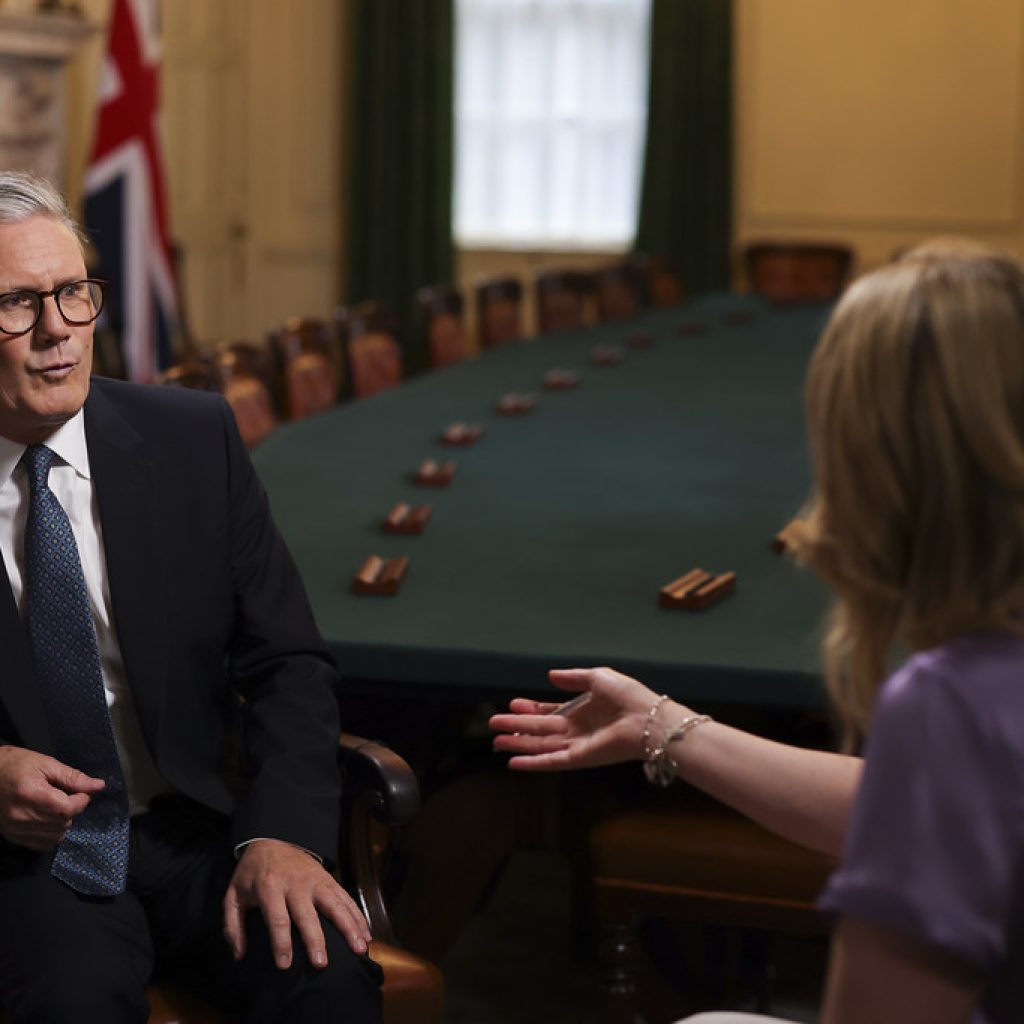
‘US understands move to suspend Israeli arms sales’
Keir Starmer has suggested that the decision to suspend some arms sales to Israel has not impacted the UK’s relationship with the US.
Labour decided to suspend around 30 arms exports licences – out of a total of around 350 – to the Middle Eastern country last week.
It came after a government review found there was as “clear risk” of the equipment being used to break international humanitarian law in Gaza. Israeli PM Benjamin Netanyahu said “shameful” move would “embolden Hamas”.
The US’s National Security Council spokesman, John Kirby, responded to the move saying the States has not determined any violation of international humanitarian law itself, and that it would continue “to do what we have to do to support Israel’s defensive capabilities”.
He added: “We’ll let other nations decide for themselves if they’re going to support Israel and to what degree. That’s what sovereignty is all about.” And in Starmer’s first major interview since being elected into No.10, the PM denied any diplomatic tensions.
Referring to Starmer’s upcoming trip to the White House, the BBC’s Laura Kuenssberg said: “Now it’s no secret that your decision to suspend some arms sales to Israel has not gone down very well across the Atlantic. “It has not made the UK government very popular with its closest ally, the United States.” “You’re wrong about that,” Starmer said.
“So you’re saying the US agrees with it?” The presenter replied.
The PM claimed: “We’ve been talking to the US beforehand, and afterwards, and they’re very clear that they’ve got a different legal system and they understand the decision that we’ve taken.
“So, that’s very clear.”
The US is Israel’s largest ally, and has remained staunchly supportive of the country throughout its war in Gaza, against Palestinian militants Hamas.
Matt Miller, a spokesman for the US Department of State, said last week: “The US is not going to make an assessment under the UK standard. We will make our determination based on US law.”
He added: “[The UK government] had a legal framework that they needed to apply, they applied that legal framework and it led to this decision. It’s of course appropriate for them to make their own legal judgments based on their system and their laws.”
Starmer also told the BBC that his visit to the States is unrelated to the arms suspension.
He said: “The reason I’m actually going and having the visit is not about that at all. It’s because the situation in Ukraine is becoming ever more pressing, as is the situation in the Middle East.
“I’ve obviously had a number of discussions with President Biden, both in person and on the phone, and other allies – France, Germany, Italy, Nato allies, about the tactical decisions we have to make in relation to Ukraine and the Middle East.”
He said their actions have been coordinated so far, but he also wants “to have the opportunity for a more strategic discussion” about both wars.
Kuenssberg then asked if he was “relieved and excited” that US President Joe Biden had been replaced by his Vice President Kamala Harris as the Democratic nominee ahead of the November elections in the US.
He dodged that question and said: “They’re our sister party and of course it’s really good to see the election developing as it is in the US.
“I’ll be very clear, as the prime minister of the United Kingdom, I’ll deal with whoever the American people elect in as their president.
“But I think it’s very important to remember, particularly for Ukraine and the Middle East, the next few weeks and months are critically important, and therefore it’s important for me to speak to President Biden to speak about our shared response, the response of our allies, to to the pressing immediate issues but also to the more strategic, long-term issues.”
ALSO READ: PM Modi sends Doval with Russia-Ukraine peace plan




